Fuel duty will be frozen for the tenth successive year, the chancellor has announced in his budget, despite pressure for change.
Trade groups such as the PRA and Freight Transport Association had called for a cut in the rate to stimulate the economy, while environmentalists had urged an increase to curb use of carbon fuels. There had also been national press reports recently that the prime minister’s special advisor Dominic Cummings favoured a 2ppl increase to generate extra revenue and Tory back benchers had written to the chancellor opposing this suggestion.
In his budget, chancellor Rishi Sunak said: “I have heard representations that after nine years of being frozen, at a cost of £110bn to the taxpayer, we can no longer afford to freeze fuel duty.
“I’m certainly mindful of the fiscal cost and the environmental impacts. But I’m taking considerable steps in this Budget to incentivise cleaner forms of transport. And many working people still rely on their cars. So I’m pleased to announce today that, for another year, fuel duty will remain frozen.”
PRA chairman Brian Madderson commented: “The freeze on fuel duty for another year is welcome, keeping fuel costs down for consumers. We are also pleased with the decision to exclude the agriculture industry from the abolition of the red diesel tax relief, especially in relation to the recent floods in the northern former ‘red wall’, to keep the sector thriving.”
Sunak provided backing for electric vehicles with a promise to spend £500m to support the rollout of new rapid charging hubs for electric cars, which he said would ensure that drivers were never more than 30 miles away from being able to charge their vehicle.
Sue Robinson, director of the National Franchised Dealers Association (NFDA) which represents franchised car and commercial vehicle retailers in the UK, commented: “It is extremely encouraging to see that more than £500m will be invested to support the rollout of new rapid charging hubs. Access to charging infrastructure is one of the key barriers preventing consumers from buying an electric car and, as a result, we welcome further investments which will continue to encourage motorists to purchase low and zero emission vehicles.”
It was also announced that £403m will be provided for the Plug-in Car Grant, extending it to 2022-23, and a further £129.5m will be used to extend the Plug-in Grants for vans, taxis and motorcycles to 2022-23.
For businesses, the chancellor said companies with a rateable value of less than £51,000 would have to pay no rates next year. He told the House of Commons: “That is a tax cut worth over £1bn, saving each business up to £25,000.”
Madderson commented: “This will be of enormous help to filling stations in order to cope with the economic hardship of coronavirus.” The chancellor also said business rates as a whole would be reviewed later in the year.
To help businesses cope with the effects of Coronavirus he said the government would also be providing a £3,000 grant for the smallest businesses that are eligible for small business rate relief or rural rate relief, and funding of statutory sick pay for up to 14 days for businesses with fewer than 250 employees.
Association of Convenience Stores chief executive James Lowman said: “We strongly welcome the Chancellor’s actions to reduce the burden of business rates in the short term. Ensuring that all businesses under £51,000 rateable value pay no business rates in the coming financial year will benefit the convenience sector to the tune of over £30m, and we look forward to hearing further details of the fundamental review in the autumn.”
Other measures announced in the Budget include:
• Increasing Employee National Insurance Contributions tax threshold from £8,632 to £9,500
• Increasing the employment allowance to £4,000
• Freezing duty rates on beer, spirits cider and wine
• Duty rates on tobacco to increase by RPI + 2%, with the rate on hand rolling tobacco rising by RPI + 6% this year
• Increased resources for Trading Standards and HMRC to combat the illicit tobacco trade, including the creation of a UK-wide HMRC intelligence sharing hub
Lowman added: “We welcome the Government’s attention on tackling the illicit tobacco trade, which is extremely damaging to responsible retailers. We will work with HMRC on the details of the intelligence hub, and are keen to ensure that track and trace regulations on tobacco are effective and continue to be supported.”
The Budget document states that the Government will ‘bring forward legislation to protect access to cash to those who need it’, but there are currently no further details available.


























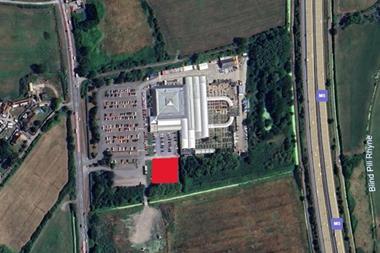

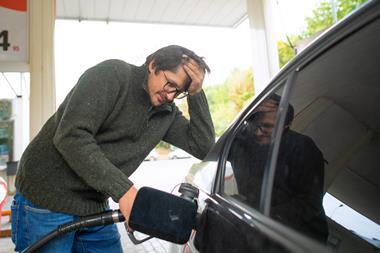
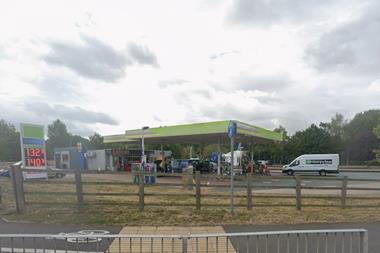
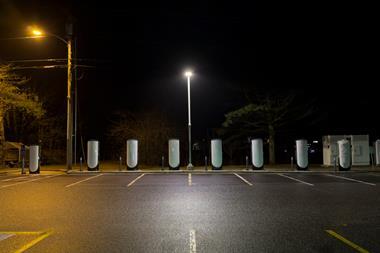
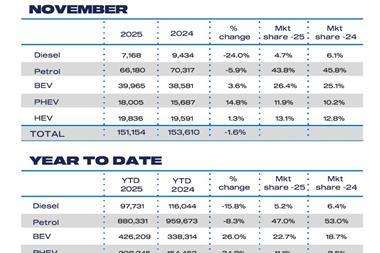
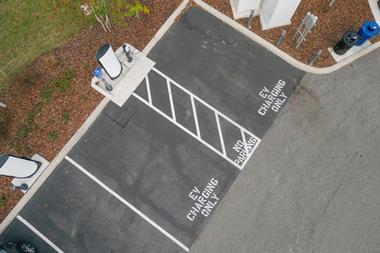
No comments yet